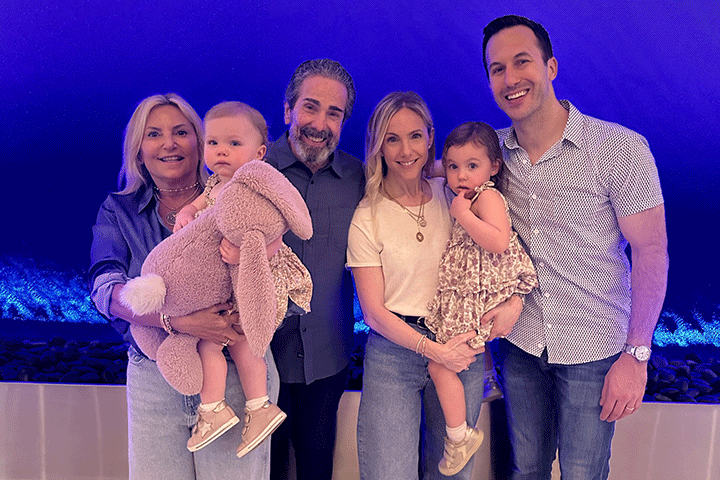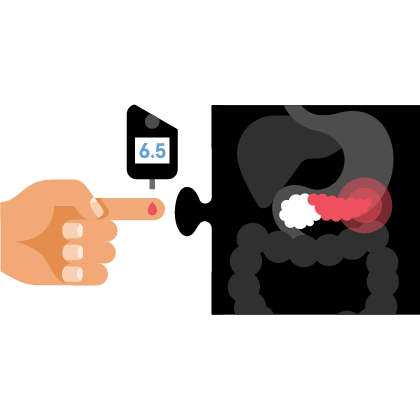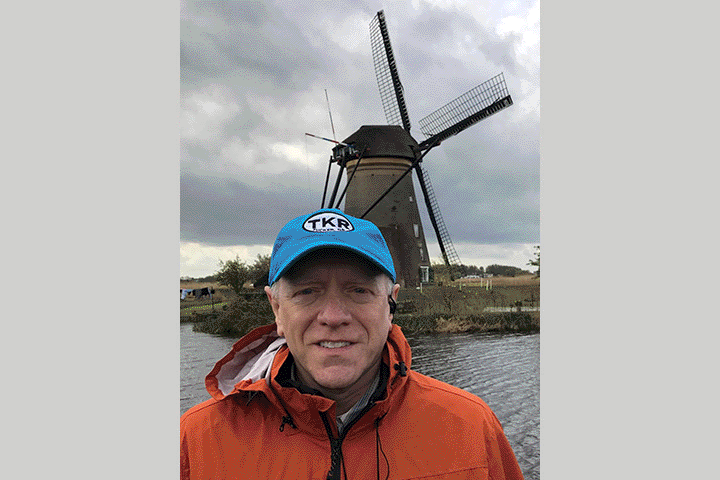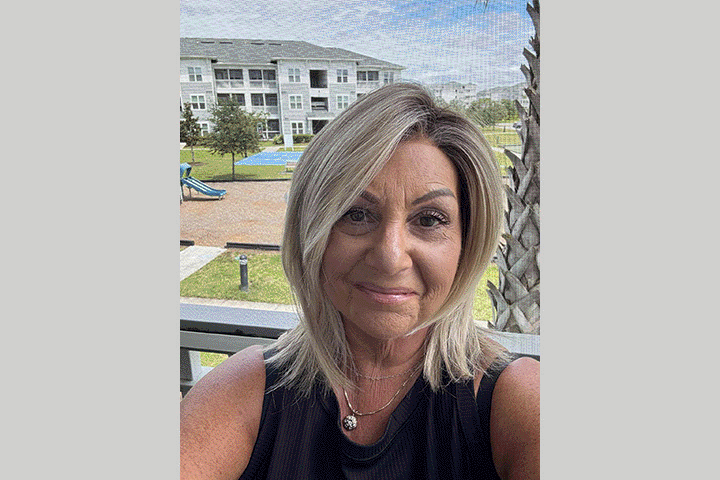No Time for Self-Pity

- New-onset diabetes was the first clue
- Seeking a second opinion led to early diagnosis
- Chemotherapy with FOLFIRINOX
- Distal pancreatectomy and splenectomy
After I was diagnosed with diabetes I changed my diet and increased my physical activity. But I soon realized I had lost more weight than I intended.
Along with the weight loss I had digestive pain. My daughter-in-law urged me to get checked out because my symptoms were oddly familiar. Her father had the same group of symptoms before getting diagnosed with pancreatic cancer, and she was concerned. I took her advice to heart and booked a doctor’s appointment immediately.
How It Started
The first doctor I saw attributed my significant weight loss to a healthy diet, which I was trying to follow after being diagnosed with diabetes following a previous surgical procedure. I was skeptical about his conclusion. Better to be safe than sorry, I sought a second opinion.
My second doctor ordered a CT scan, and in the midst of the testing, I started to have significant pain in my lower back and abdomen. The doctor did not like what he saw on the scan and sent me to a gastroenterologist for more testing, including a CA 19-9 test and endoscopy. After all of the testing was done, the GI doctor told me that I had malignant tumors on the tail and neck of my pancreas. I am so grateful I listened to my daughter-in-law so we could catch it early!
At the time of my original diagnosis, they were unable to stage me, but it was estimated thatbecause the cancer had apparently not spread anywhere else it was stage II or III pancreatic adenocarcinoma. The positive news was that I could be a candidate for surgery. (I later learned post-surgery that I was stage I.)
Nothing Unique
I began seeing gastrointestinal oncologist Dr. Devika Rao and surgeon Dr. William Jarnagin at Memorial Sloan Kettering Cancer Center (MSKCC) in New York City, not too far from my home in New Jersey.
The initial plan was to have six rounds of chemotherapy followed by surgery and another six rounds. My team immediately put me on an aggressive chemotherapy regimen with hopes of reducing the tumors enough for surgery to become possible.
But we hit a bump in the road. Because of the double tumors in my pancreas, I was advised that I would not be eligible for surgery until after all 12 rounds. During this time I had genetic testing on my tumor and found a KRAS mutation, which did not change my treatment plan.
A Detour with C. Diff
I started my twelve rounds of FOLFIRINOX. The side effects were minimal, but I unexpectedly developed severe gastrointestinal issues, which put me back in the hospital for about a week. Ultimately, doctors determined that I had Clostridioides difficile (known as C. diff), a bacterial infection in the colon that may have been caused by an antibiotic I took before starting my chemo.
Despite the setback, I told my doctors that I wanted to proceed with the chemo at full speed ahead. So we did. My body reacted well. My CA 19-9 numbers went down, my tumors shrank, and my scans looked great! I asked my doctors if I could stop the chemo earlier than prescribed since I was responding so well. After getting many opinions, we agreed together to continue with the full course. If I had stopped the chemo halfway through, proceeded with surgery, and it didn’t yield the right outcome, I may not have been able to revert to chemotherapy again. So we continued with the prescribed treatment.
Finally, a Pancreatectomy
I finished all twelve rounds of chemo in early October. Two weeks later, I went in for a distal pancreatectomy and splenectomy. I woke up four hours later with the great news that the surgery had been a success. My doctors managed to get clear margins and avoid lymph node involvement, both indications of a terrific outcome.
As for side effects, I have become an insulin-dependent diabetic and have ongoing neuropathy in my feet and my hands. Both of them are manageable.
I have so much gratitude for my care team at MSKCC, my network of family and friends, my faith in God, and of course, my daughter-in-law for pushing me to consult a doctor about my symptoms in the first place.
How It’s Going Now
It has been almost a year since I completed my chemo and had my pancreatectomy. Today, by the grace of God and the amazing efforts of my doctors and caregivers, there is no evidence of disease in my body!
While the diagnosis was devastating at first, my approach was to reflect upon my blessings, graciously accept the encouragement of family and friends, and gear up for the challenge of my life. I did my best to maintain normalcy whenever I was physically capable. I attribute much of my success to staying grounded throughout my treatment. I spent time with my children and grandkids, boating, swimming, and playing tennis and pickleball. Also, when time was of the essence, I shook off all self-pity. I forced myself to look forward to each chemo treatment because each one was a step closer to my goal.





